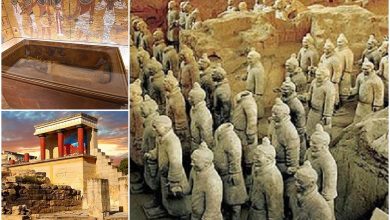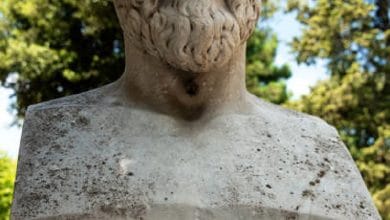7 scientists who were persecuted in their time
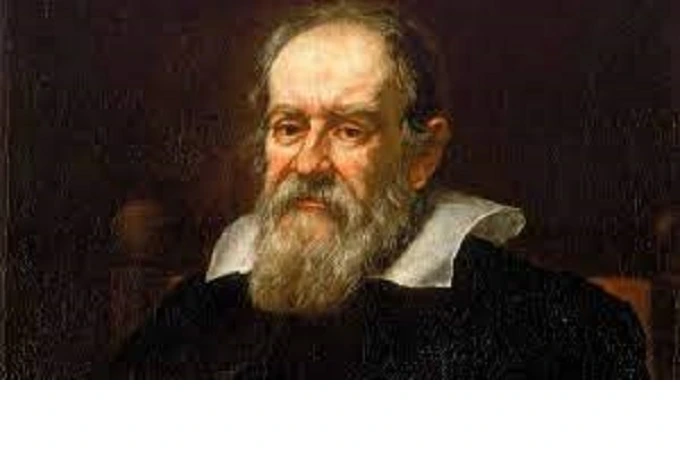
When we read about great scientists and inventors from the past, we frequently learn that society regarded them favorably during their lifetimes, that they were treated indifferently, or that some people even thought they were crazy; however, their work was not affected” by anyone.
However, some brilliant people have struggled tremendously throughout their lives. Others anticipated daily encounters with repression from either society or the state, while some were persecuted within the scientific community. Here are a few of them, demonstrating that even the most eminent scientist of the day is not immune to persecution.
1. Alan Turing
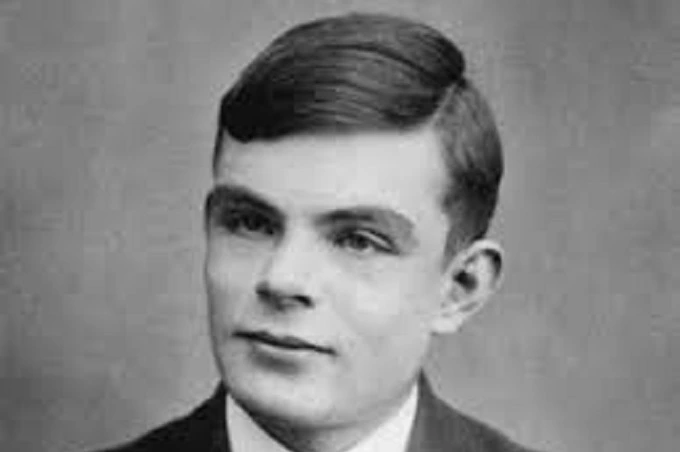
Alan Turing was a mathematician, logician, and cryptographer who had a significant impact on the development of computer science. He is known as the “father of modern computer science.” In 1936, he came up with the idea for an abstract computing machine that he called the “Turing Machine.” He is credited with laying the groundwork for the modern-day personal computer. During World War II, he was employed by the British government. In his capacity as head of the Hut 8 decryption team, he successfully developed a machine that could break the German Enigma encryptor, which ultimately resulted in the survival of thousands of service members. Following the end of World War II, Turing developed the world’s first computer that could save a program in its memory.
It is fair to say that Alan Turing was an extraordinary person during his era. Why did society turn against him rather than support him if this is the case? The reason for this was due to the homosexual orientation of the scientist. Even though the British government had been aware of this for a considerable amount of time, it chose to ignore it during the war. But after that, when the concern of losing such an expert was no longer present, Turing was convicted of the charge of gross indecency in 1952. This meant that he was found guilty of choosing men as his s3xual partners.
Because of Alan Turing’s significant contributions to Great Britain, he was given the option of serving time in prison or undergoing so-called “chemical castration,” which was a hormone therapy that reduced libido. He went with the second option and started going to therapy against his will. In 1954, he committed suicide by overdosing on cyanide due to his depression and the bullying he received from society. Late in 2013, a posthumous pardon was finally granted to Turing.
2. Galileo Galilei

It is not an exaggeration to say that Italian physicist, mechanic, astronomer, philosopher, and mathematician Galileo Galilei is one of the most important geniuses in the history of humanity. Galileo Galilei was born in 1564. He was one of the first people to use the telescope to observe celestial bodies; he also invented the telescope; he discovered many satellites that are now known as Galileo’s; and he contributed to the establishment of the heliocentric system of the world, which Copernicus had claimed was the only correct one before him.
The problem was that the Catholic Church only acknowledged as valid the geocentric theory that Aristotle and Ptolemy proposed, which states that the Earth is at the center of the universe and that everything else revolves around it. After its publication in 1630, the book “The Dialogue Concerning the Two Chief World Systems Ptolemaic and Copernican” stoked tensions between Copernicus and the church even further. Galileo was called before the Inquisition to suspect that he had committed heresy. Following his appearance before the Inquisition, he was arrested and placed in prison for a number of days. The book was declared illegal, and its sales were stopped. After Galileo agreed to repent for his heresy, he was placed under house arrest and given his freedom. Because of this, the great scientist was forced to spend his final years in conditions that were very similar to those of a prisoner.
3. Hypatia

Hypatia was a prominent figure in philosophy, mathematics, astronomy, and mechanics in the 4th-century city of Alexandria, which was a part of the Eastern Roman Empire. It is believed that she edited the text of Theon’s commentary on Claudius Ptolemy’s Almagest. Her contribution to mathematics was the writing of a commentary on Diophantos’ thirteen-volume Arithmetic, which made the work available to later generations. During a time when a woman’s role in society typically did not extend beyond that of a laundress, Hypatia was also involved in the construction of astrolabes and areometers. She did this at a time when women were not encouraged to pursue careers outside the home.
In addition to this, historical accounts suggest that Hypatia was held in high regard not only by Christians and pagans but also by the most powerful members of Alexandria’s political establishment. When Hypatia began advising Orestes, the Roman prefect of Alexandria, who was at odds with Cyril, the Archbishop of Alexandria, the favor of the people gradually shifted away from her and toward Orestes. Eventually, the people came to hate Hypatia. The common people started spreading rumors about Hypatia’s sorcerous nature, which led to the beginning of her persecutors’ campaign against her. Hypatia was allegedly trying to prevent Orestes from making peace with Cyril when she was murdered in the year 415 by an angry mob who literally tore her to pieces before killing her.
4. Sergei Pavlovich Korolev

During the 1950s and 1960s, when the United States and the Soviet Union were engaged in the “Space Race,” Sergei Pavlovich Korolev was the most prominent rocket engineer and spacecraft designer working for the Soviet Union. Many people consider him to be the founding father of the field of practical astronautics.
However, in 1938, at the beginning of his career, he was arrested on charges of counterrevolutionary activities and undermining the state industry. These charges were brought against him at the same time. As a direct consequence of this, the future chief designer of the Soviet Union’s space-rocket industry was found guilty and given a sentence consisting of ten years in a corrective labour camp in Kolyma and five years of being denied his rights. In 1940, the sentence was commuted to eight years in a concentration camp; however, Korolev did not gain his freedom until 1944, and he was not rehabilitated until 1957.
5. Gottfried Wilhelm Leibniz
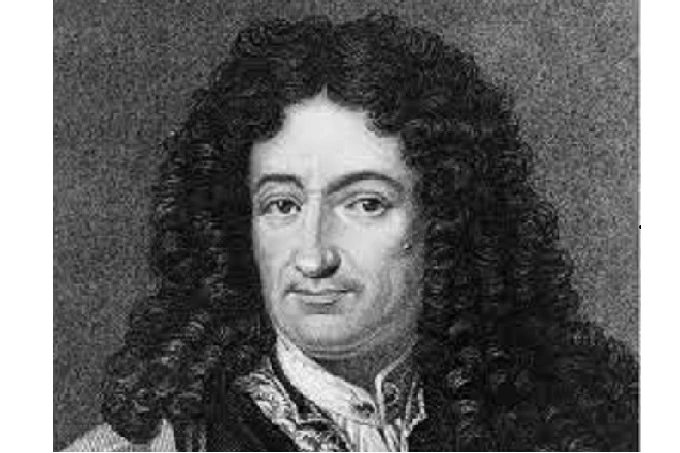
German philosopher Gottfried Wilhelm Leibniz was also a logician, scientist, mathematician, mechanic, and physicist. He knew about the law, history, foreign affairs, and languages. Leibniz was a very smart person. Before Newton did, he came up with mathematical analysis, worked on combinatorics and the foundations of mathematical logic, described the binary number system with the numbers 0 and 1, and made many other important discoveries that changed many fields. Gottfried Wilhelm Leibniz initiated the establishment of the Society of Sciences in Berlin, which was later to become the Academy of Sciences.
Leibniz should have been an untouchable hero that everyone, regardless of status, looked up to, but his fight with Newton and other fights caused him much trouble in the scientific world. Leibniz’s last years were very hard because George I, King of Great Britain, didn’t like him and thought he was nothing more than a court historian. The famous scientist was harassed and dragged into court dramas. He was also put under house arrest and was always being watched by a spy.
Leibniz died in Hanover in 1716. Because of the poor regard in which he was held at the time, neither George I nor any other courtier, with the exception of the personal secretary, attended his funeral. Even though Leibniz was a life member of both the Royal Society and the Berlin Academy of Sciences, neither institution felt it was appropriate to recognize his passing when he passed away.
6. Gerhard Domagk
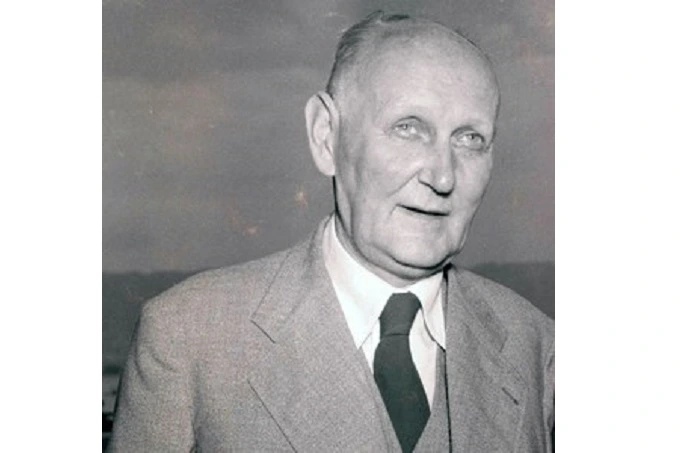
In 1939, Gerhard Domagk (1895–1964) received the Nobel Prize in Medicine for discovering the antibacterial activity of sulphonamide in 1935. The Nobel Committee officially informed Domagk that he would receive the Prize in November 1939, two months after World War II began. He immediately wrote a letter to the Nobel Committee’s chairman, expressing his gratitude for the accolade. He was caught by the German secret police and brought to Gestapo headquarters two weeks after mailing the letter to Stockholm. He refused to eat during his interrogation and detention. He was forced to sign a written letter after his release a week later, stating that he would not accept the Nobel Prize because he was a loyal German citizen. Germans could not accept such honours or recognition from foreign nations under German law.
The authorities continually observed Domagk and his family throughout WWII, and he was occasionally taken to the police station for questioning. Despite being forbidden from interacting with foreigners, sulphonamide was introduced as an antibacterial medication in numerous nations in the late 1930s. Domagk and sulphonamide, on the other hand, were blacklisted in Germany until 1945, when the war ended. Domagk’s story ends with his being invited to the Nobel Prize ceremony in Stockholm in 1947. He received the diploma and gold medal as symbols of his 1939 achievement, but no prize money. This was due to Alfred Nobel’s will, which stated that no money would be distributed if the Nobel Prize went unclaimed for more than ten months.
7. Michael Servetus
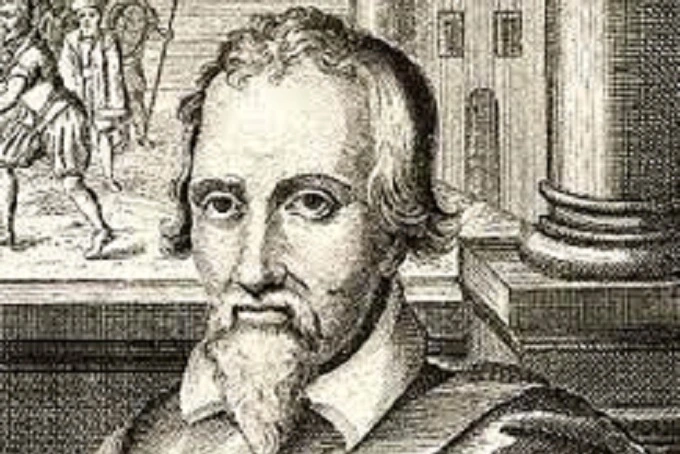
It is generally agreed that the Spanish physician Servetus was the first to discover pulmonary circulation. He published a book that not only detailed his discoveries but also included his thoughts on how Christianity may be improved; however, this book was seen as heretical.
He managed to leave Spain and the Catholic Inquisition, but once he arrived in Switzerland, he was met with the Protestant Inquisition, who treated him with the same contempt. Servetus was apprehended, subjected to torture, and ultimately burnt at stake on the shores of Lake Geneva on the orders of John Calvin.



